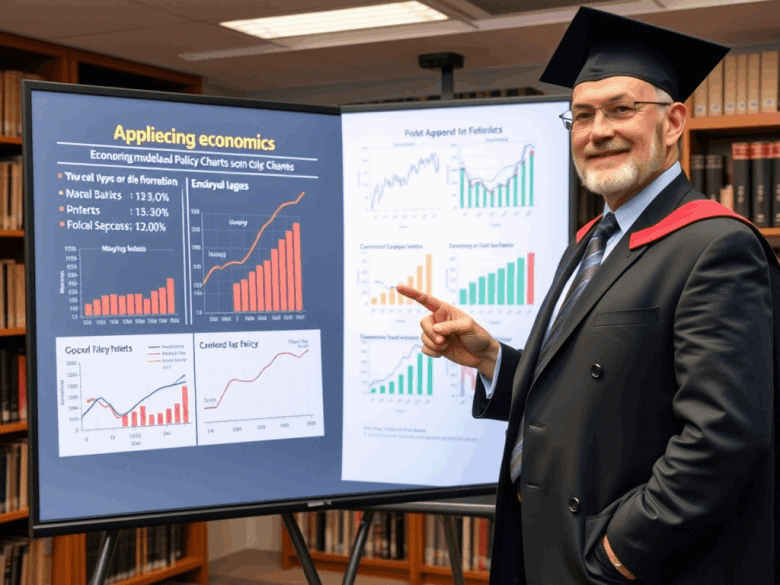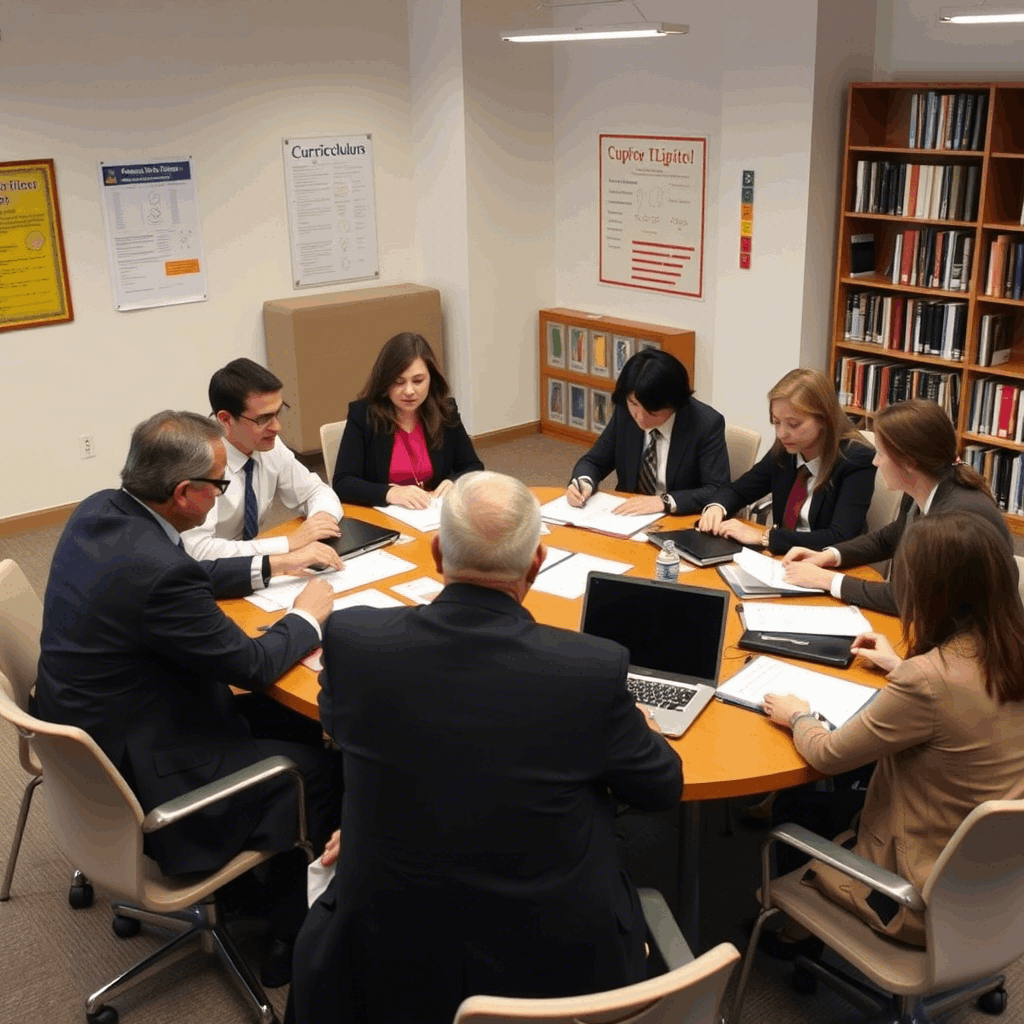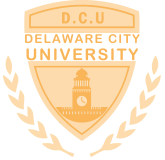This program is designed to develop well-rounded business professionals equipped with the strategic, analytical, and leadership skills needed to thrive in a competitive global marketplace. It provides comprehensive knowledge across key business disciplines, including finance, marketing, operations, and organizational behavior. Emphasizing real-world application, the program integrates case studies, group projects, and simulations to prepare students for complex decision-making in diverse industries. Graduates of the program are empowered to lead teams, manage resources effectively, and drive organizational growth with a holistic understanding of modern business dynamics.
This program focuses on equipping professionals with the skills required to manage complex projects and foster a culture of innovation within organizations. It covers essential project management methodologies, including agile and lean practices, alongside innovation management techniques. Students engage in practical projects that require them to plan, execute, and evaluate initiatives in dynamic business environments. The program prepares graduates to drive organizational success by merging traditional project management principles with creative problem-solving and entrepreneurial strategies.
This program provides a thorough grounding in advanced financial management principles and the strategies required to mitigate risk in today's unpredictable economic environment. Students study financial planning, budgeting, and the analytical tools used for risk evaluation, combined with real-world case studies. Interactive modules and virtual simulations enable learners to understand market fluctuations and devise robust risk management frameworks. Graduates emerge as well-rounded financial professionals capable of navigating complex financial landscapes and implementing policies that safeguard organizational assets.
This program offers a panoramic view of managing businesses in a global context, emphasizing international market dynamics and cross-cultural leadership. The curriculum covers strategic international business practices, global supply chain management, and the regulatory challenges of operating across borders. Students participate in virtual collaborations and global case studies that enhance their understanding of international trade and competitive strategy. Graduates are prepared to take on leadership roles in multinational enterprises, where they can drive expansion, innovation, and competitiveness in diverse markets.
This program is designed to optimize organizational performance through effective management of supply chains and operations. Students learn about logistics, production planning, and process improvement techniques using state-of-the-art digital tools and analytics. The coursework involves practical projects and real-world case studies that highlight the importance of efficiency, resilience, and sustainability in operations. Graduates will be equipped to manage complex supply networks and implement strategies that enhance productivity and reduce costs in a globalized market.
This program emphasizes the cultivation of robust leadership skills and the strategic development of organizational cultures that drive performance and innovation. It covers essential leadership theories, conflict resolution strategies, and methods for fostering team cohesion in diverse environments. Students engage in immersive leadership simulations, group projects, and reflective practices designed to develop self-awareness and transformational leadership qualities. Graduates are prepared to lead organizations through change and growth, driving both individual and collective success in today’s competitive business world.
This program is designed to develop advanced expertise in managing human capital and fostering a productive workplace culture. It covers contemporary HR theories, talent acquisition strategies, performance management, and employee relations, combined with the use of innovative HR technologies. Students engage in case studies and practical projects that address modern challenges such as remote workforce management, diversity and inclusion, and change management. Graduates will be prepared to design and implement strategic HR initiatives that drive organizational success and create sustainable competitive advantages.
This program integrates quantitative economic theory with advanced data analytics techniques, preparing students to turn complex datasets into actionable insights. It emphasizes the use of modern analytical software, machine learning algorithms, and statistical modeling to address real-world economic challenges. The curriculum includes hands-on projects and virtual labs that simulate market conditions and economic forecasting, ensuring that learners can apply theoretical concepts practically. Graduates will be well-equipped to influence strategic decisions in both private and public sectors by leveraging data-driven methodologies.
This program offers an in-depth exploration of financial markets, focusing on risk assessment and management techniques within volatile economic environments. Students study the dynamics of asset pricing, portfolio management, and financial derivatives, combined with advanced quantitative methods. Through case studies and simulated trading exercises, learners gain practical experience in identifying, measuring, and mitigating various types of financial risk. The program is designed to prepare professionals for high-level decision-making roles in financial institutions and multinational corporations, ensuring they remain resilient in turbulent market conditions.
This program bridges the gap between economic theory and environmental challenges by focusing on sustainable development practices and green technologies. Students analyze the economic impact of environmental policies and learn how to design strategies that promote resource efficiency and sustainability. The curriculum includes modules on renewable energy, climate change economics, and the economics of conservation, supported by interactive online workshops and research projects. Graduates are prepared to contribute to policy formulation and strategic initiatives that drive sustainable growth in both governmental and private sectors.
This program is tailored to develop strategic thinking and leadership skills necessary to drive digital transformation in contemporary organizations. It covers key aspects of strategy formulation, competitive analysis, and the implementation of digital initiatives that align with organizational goals. Students participate in interactive projects and virtual case studies that simulate real-world business challenges, preparing them to lead innovative change. The curriculum is designed to equip graduates with the foresight and agility required to thrive in rapidly evolving technological landscapes while ensuring sustainable business growth.
This program provides a comprehensive overview of globalization, international trade policies, and the economic forces shaping the global marketplace. Students explore topics such as trade theory, international finance, and cross-border regulatory environments through a combination of lectures, case studies, and virtual simulations. The curriculum is designed to foster a deep understanding of the complexities involved in global commerce and to develop strategies for competing in diverse markets. Graduates are equipped to operate effectively in multinational organizations, government agencies, or consulting firms, where they can influence trade policies and international economic relations.
















